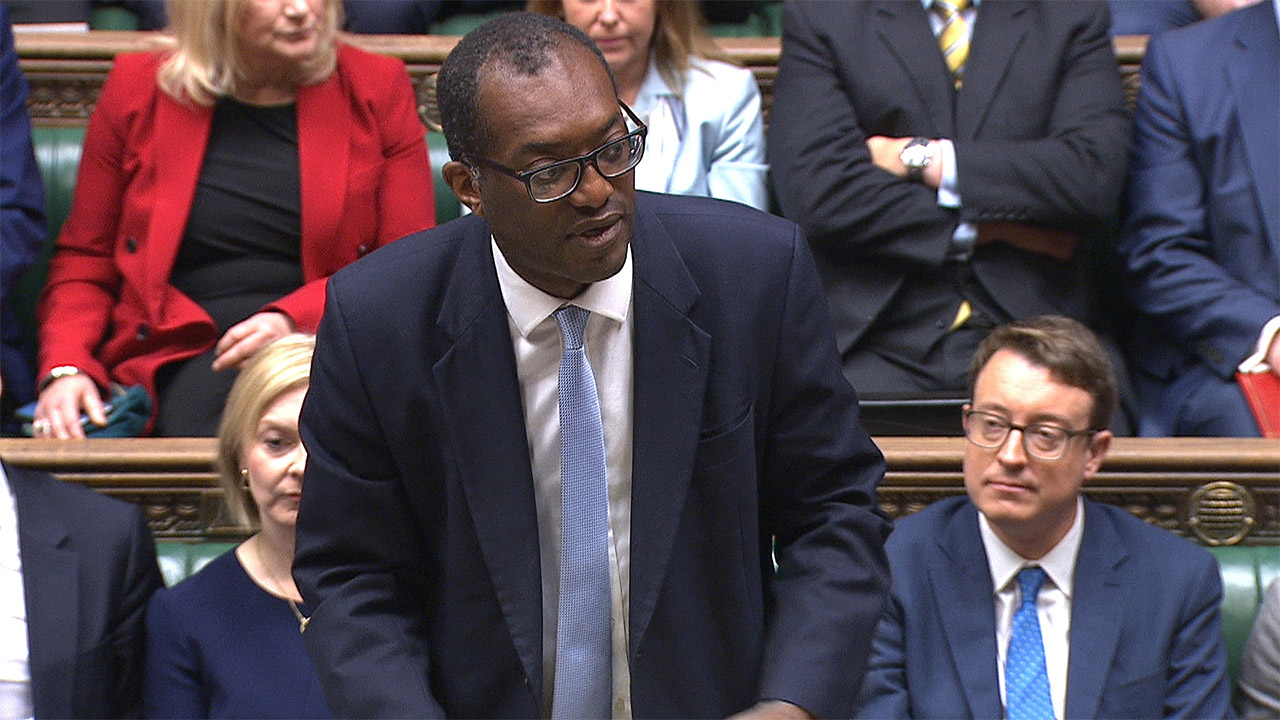In the not so mini budget last week the Chancellor announced that the off- payroll worker rules passed in 2017 and 2021, are going to be reversed from 6 April 2023.
The IR35 rules were introduced as it was believed that there was an avoidance to pay employee income tax and national insurance contributions for contract workers. The responsibility was shifted to the ‘end client’ to formally assess whether the contract worker would be an employee or not. I spent a huge amount of time during this period working with clients to determine the status of their workers. I also had to do this in my own business, as I often would engage developers who would refuse to be employed and preferred to be contractors. It was a nightmare for Employers and resulted in lots of pay negotiations with contractors and additional expense and responsibilities for the ’end client’. On the flip side, it did provide contractors with employment rights that they did not have before.
There is a body of case law on what distinguishes a worker from an employee. In general terms, for someone to be an employee, the three principle tests that must be met are;
–Personal service – the individual must be required to provide their services personally, rather than being able to send a substitute to carry out the work in their place;
-Mutuality of obligation – the employer must be obliged to provide the individual with work and the individual must be obliged to do thar work in return for an agreed salary or wage, and on terms and conditions laid down by the employer; and
-Control – the employer must exercise a sufficient degree of control over the manner in which the individual carries out the work, consistent with an employer/employee relationship.
Where none of the three tests are met, the individual is likely to be a self-employed independent contractor, running their own business, rather than a worker or employee.
How did it work before and what are the proposed rules as of 6 April 2023?
Services would be supplied through an intermediary, most commonly a personal service company (PSC).
As of April 2023, a contractor providing their services via an intermediary will be responsible for determining their own employment status and paying the appropriate amount of tax and NICs.
Pros and Cons
- The Contractor may be able to supply their services in a more tax efficient manner to them and increase their net pay.
- Only employees are entitled to all statutory employment rights.
- The ‘end client’ passes back the administrative burden and risk to the contractor as to whether they are self-employed or not.
- The ‘end client’ does not have to consider PAYE and NICs.
What are the next steps?
We need to hang fire and await further details around how the off-payroll rules will play out and be administered next year. However, at a senior level, organisations need to start to plan now for this change, as it is likely that many ‘now employees’ will be requesting to revert back to contractor status in certain sectors. I would envisage that HMRC will want to see a clear explanation from a contractor that their role has significantly changed, to all of the sudden be once again a ‘contractor’ from the 6 April 2023.


